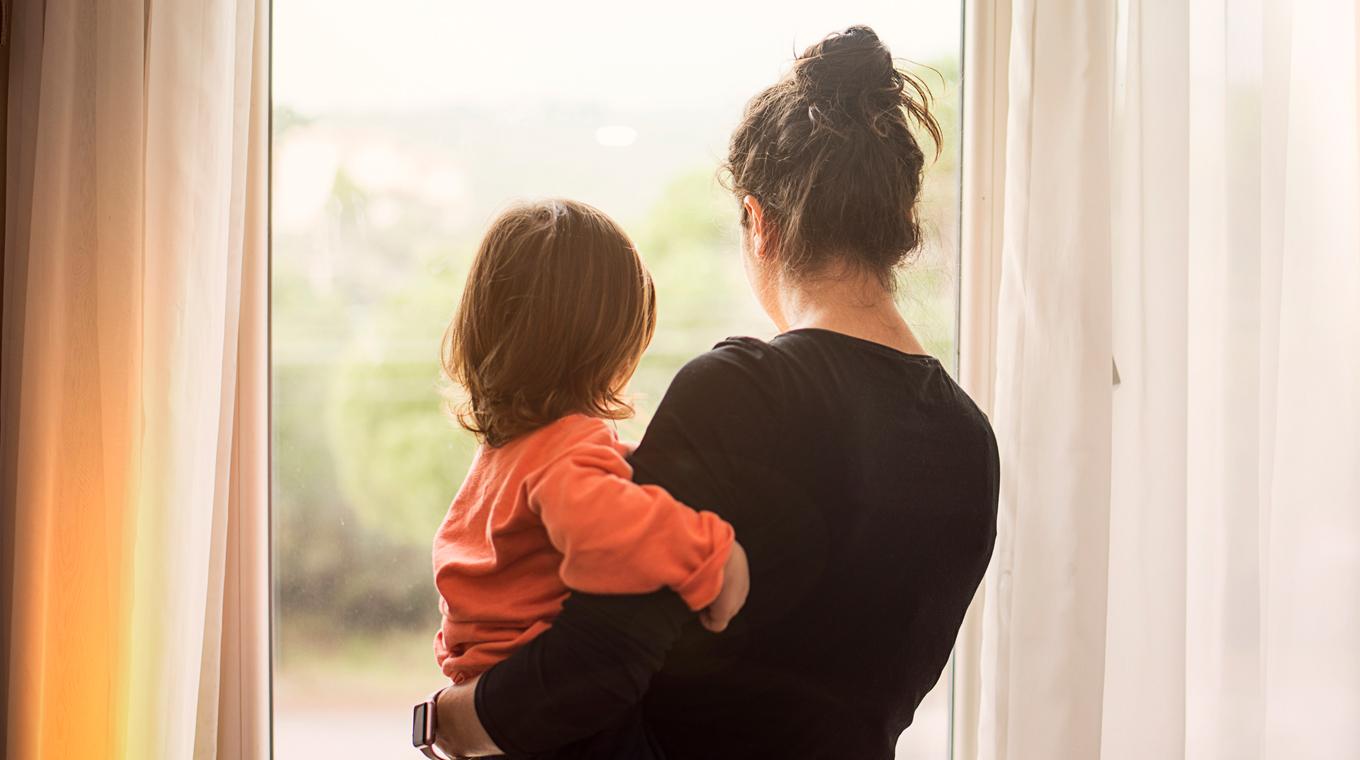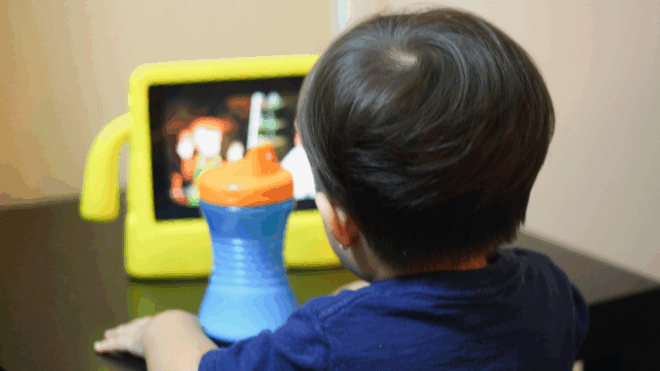
In this article
There is no escaping news of the coronavirus. Whether it’s reports of deaths, cities declaring a state of emergency, or stores running out of antibacterial soap, everyone seems to be talking about it. So much is currently unknown, which is making people all over the country anxious about the future.
We went searching for answers about what we can do to help manage anxiety about COVID-19.
Less worrying, more fact-seeking

“Worrying never stopped any virus in its tracks,” neuropsychologist and faculty member at Columbia University, Dr. Sanam Hafeez, told Mom.com. “Stress actually lowers the immune system and makes you more susceptible to viruses.”
But how do we stop worrying when it seems like there’s so much to worry about? Here are five tips to help manage your anxiety about the coronavirus.
1) Take control
Taking precautions can give you a sense of control over the situation, Hafeez advised. In some parts of the country, schools are being closed to stop the spread of an outbreak and companies are asking employees to work from home. That can mean weeks at home with kids out of school. Preparing your home for the “worst” can help you feel in control.
2) Stick to reliable information
There’s so much news out there and it’s hard to know what’s really happening. Constantly refreshing your Twitter feed isn’t good for anyone.
“Reading information from reliable websites like the CDC and the World Health Organization will keep you informed without the scare tactics of less reliable outlets,” Hafeez said.
Psychologist Maggie Mulqueen recommended only checking reliable sites once or twice a day. “If there is a true emergency, government robocalls or alerts on your cellphone will find you. No one has the answer at this point about how far and wide the virus will spread, so constant searching, scrolling or consumption of sensationalist cable news reporting will only make you feel more afraid,” she wrote in an article for NBC news.
Take care of yourself

3) Take control of your health and well-being
The Centers for Disease Control and Prevention urged people feeling anxious to support themselves in a variety of ways, including taking care of their body. “Exercise, meditation, and keeping busy will help you to manage anxiety,” Hafeez recommended.
The CDC also recommends eating well, getting enough sleep, and avoiding alcohol and drugs.
4) Reduce your risk
There are some things we know about coronavirus — like how to prevent the spread of the disease, which includes washing your hands with soap and water for 20 seconds after using the bathroom, before eating and after blowing your nose, coughing, or sneezing. Also try to avoid close contact with people who are sick and try not to touch your eyes, nose and mouth, according to the CDC. If you’re sick, stay home, and avoid public transportation and other public areas.
“Don’t feel silly or embarrassed about taking reasonable precautions,” UC San Francisco psychologist Elissa Epel said in an article for the university. “Preparing a plan for the future, such (as) minimizing exposure to large crowds, makes sense and can help reduce anxiety.”
5) Talk with friends
Hafeez suggested getting in touch with friends to find out how they’re coping as a way to help work through anxious thoughts.
Los Angeles mom Marsha Takeda-Morrison said she’s found comfort in sharing her experience. “Reading all the coronavirus news stories online is just making me really anxious, so talking with friends and joking about how desperate we are to find hand sanitizer really helps,” she told Mom.com.
When to ask for help

According to Hafeez, being prepared and taking precautions (like washing your hands and canceling cruises) falls under the domain of being sensible. What may be cause for concern is when you’ve isolated yourself (when it’s not medically necessary) and are obsessively consuming information.
“If you are having problems sleeping, if you are eating more/less, not going out in public (assuming there is no quarantine), turning to alcohol or drugs, feel depressed, have lost interest in activities/hobbies, feel physically or mentally anxious regularly, then you should seek the help of a licensed therapist,” Hafeez advised.
But trust your gut and don’t hesitate to seek help if you feel you need it. “You need not be exhibiting all of these signs to warrant getting help,” she added.







